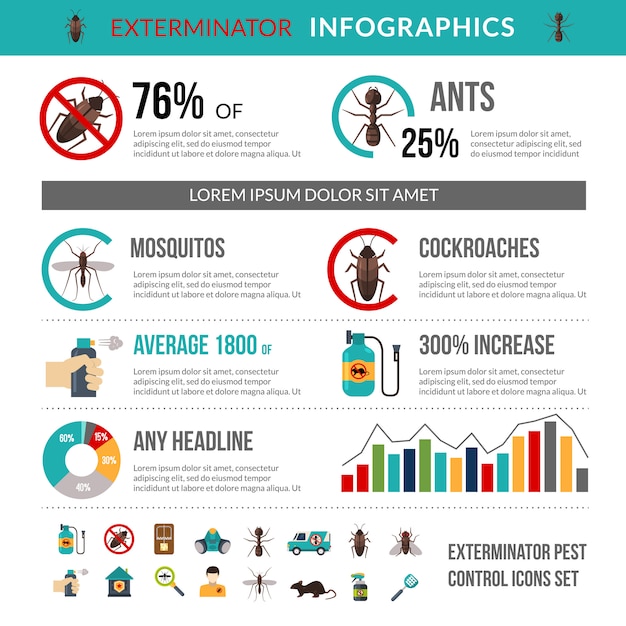Envision your garden as a shelter, a place of serenity and charm. However, the presence of outdoor parasites can rapidly disrupt this picturesque photo. What if there were https://jasperpkeyt.blog-mall.com/32560674/unseen-carcinogen-from-home-parasites-might-exist-in-your-house-discover-the-unexpected-dangers-that-could-be-neighboring yet reliable methods to keep these unwanted site visitors away and safeguard your yard sanctuary? By adhering to a couple of practical tips and executing natural approaches, you can produce an unified outside room where your plants can grow undisturbed.
Natural Parasite Deterrents
To keep parasites far from your yard normally, plant aromatic natural herbs like mint and lavender. https://israelfauql.elbloglibre.com/31939761/keep-an-eye-out-for-damages-in-your-house-caused-by-sly-termites-and-make-certain-to-identify-the-refined-warning-signs-early-on-to-stop-additional-damage include beauty to your garden however additionally work as reliable pest deterrents. Pests like insects, flies, and even some garden-damaging bugs are warded off by the strong aromas sent out by these herbs. Merely placing them purposefully around your yard can aid develop a natural barrier versus undesirable insects.
Along with mint and lavender, consider planting other herbs like rosemary, basil, and lemongrass to additionally boost your yard's pest-proofing capacities. just click the next web site as natural repellents yet additionally have actually the added benefit of being useful in food preparation or crafting home made treatments.
Strategic Plant Placement
Take into consideration the format of your garden and the sorts of plants you need to purposefully put them for maximum pest-proofing effectiveness.
Begin by grouping plants with similar resistance to insects with each other. By doing this, you can produce an all-natural barrier that discourages parasites from spreading out throughout your garden.
Furthermore, placing pest-repelling plants like marigolds, lavender, or mint near even more prone plants can help secure them. Tall plants, such as sunflowers or corn, can act as a shield for much shorter plants against pests like bunnies or ground-dwelling pests.
Keep in mind to leave sufficient area between plants to boost air flow and lower the danger of diseases that pests might carry.
Moreover, think about growing strong-smelling natural herbs like rosemary or basil near prone plants to perplex pests' senses and make it harder for them to locate their targets.
Efficient Pest Control Techniques
For combating yard parasites successfully, carrying out a multi-faceted insect control strategy is necessary. Beginning by urging pointe pest control oregon -natural predators like birds, ladybugs, and praying mantises to aid maintain insect populations in check. Presenting plants that bring in these advantageous bugs can help in parasite control. Furthermore, exercising good garden hygiene by removing particles and weeds where pests may hide can make your yard less welcoming to unwanted site visitors.
Take into consideration making use of physical barriers such as row cover textiles or netting to protect susceptible plants from bugs like caterpillars and birds. Using organic chemicals like neem oil or insecticidal soap can likewise be effective against certain insects while being much less harmful to useful insects and the setting. It's critical to rotate your plants each season to prevent the build-up of bug populations that target specific plants.
Consistently inspect your plants for indicators of parasite damages so you can take action without delay. By integrating these techniques and staying vigilant, you can successfully manage yard parasites and delight in a flourishing, pest-free yard.
Final thought
So, there you have it - with the best methods, you can keep pesky outdoor bugs away from your garden and help your plants prosper.
Did you recognize that growing mint has been revealed to push back mosquitoes and various other insects, reducing the requirement for hazardous pesticides by approximately 60%?
By integrating all-natural deterrents and clever growing methods, you can produce an attractive and pest-resistant garden sanctuary for you to delight in.
